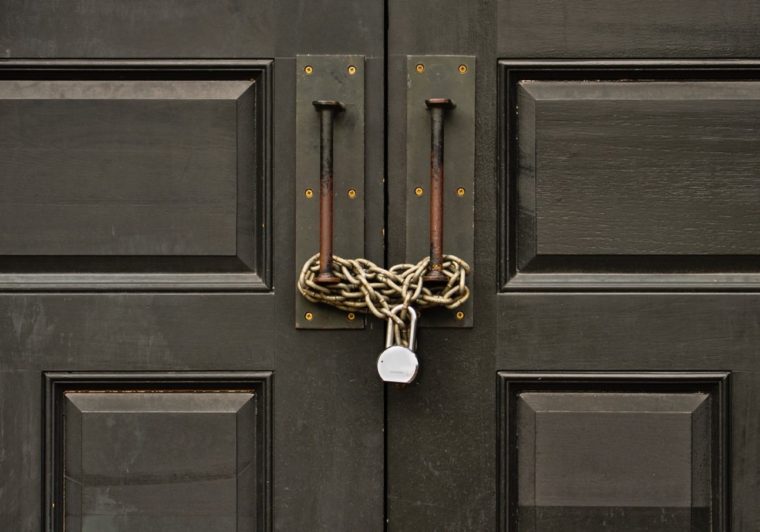
Real estate closings can sometimes have a “cloud” hanging over them. Those clouds are legal parlance for outstanding defects in the title which are unsettled – and they are bad news for the current seller and buyer, since the real estate deal can’t be closed until the outstanding matter is resolved. Today we’re examining some of those major defects and how to resolve them.
A forged deed is void under Florida law and is a third-degree felony. The term covers the fraudulent production of a legal document or making alterations to a legal document which may render it void. These forged documents can make their way into public records and be treated like legitimate documents. The buyer then discovers they have no right to the property they’ve “purchased.”
Victims of this crime should press charges by contacting their local police, county or state officials and seek legal counsel. All documentation and parties involved in the fraudulent transaction should be gathered and supplied to investigators to aid the investigation.
This term covers a lot of things like court judgments, mortgage issues, and liens (the consequence of an unpaid debt). Liens can be mechanical, which refers to any work done on the house by professionals like plumbers or contractors, or they could be linked to unpaid taxes. Any previous owner with such an issue must address it by either paying at closing or undergoing litigation before the new owner can take the property.
This is the best-case scenario. If a buyer is purchasing a home that’s in foreclosure, then they may have to pay off any encumbrance.
If a homeowner passes away in Florida, their property becomes part of the deceased’s estate. That estate becomes subject to probate and the property likely passes to their next of kin. A buyer must be aware that any outstanding heir issues must be resolved, such as having the full permission of the inheritor to pass the property along.
Other issues may arise if siblings have inherited a home be mechanical one wishes to sell. The sibling wishing to sell may proceed without the permission of their brother or sister which renders the title ineffective. A court proceeding may be necessary for a buyer to discover is reallyentitled to the property or if any creditor’s claims are outstanding.
Deed contacting their require a corrective deed to the property. Errors may occur in the description of the property internally or externally. Some errors are relatively harmless and may be amended without trouble, while others, legal document to obtain a spouse’s signature or the lack of a legal witness may grind things to a halt.
Deed errors must be redrafted, re-witnessed, and acknowledged again to Florida law. Witnesses are of priority importance with Florida deeds.
A buyer has five days to review their title commitment under a standard residential contract. This is a critical time window. Should the buyer miss any outstanding issue while reviewing their contract before this period ends, they will be locked into the purchase. They will be accepting the title’s conditions.
The seller has 30 days (known as the cure period) to resolve any issues the buyer finds. The buyer has the right to extend the cure period by up to 120 days if the seller cannot resolve the issue in 30. They may also terminate the contract or accept the title with any outstanding defects.
An Owner’sTitle insurance policy is another layer of buyer protection. It provides coverage in the event of the above issues and others which may go undiscovered in public records.
It is typically purchased for a one-time fee and covers the holder for as long as they have an interest in that property. Coverage is often in the amount of the real estate purchase and insurance title rates are covered by Florida law. One out of three title searches reveals a title or public record defect, so be sure to ask key questions when opting for title insurance.
Some buyers and sellers may attempt a title search without legal assistance; a course of action we caution against. Title searches involve an exhaustive and educated examination of public records along with multiple deeds for the property. Even if issues are successfully discovered,appreciating their severity takes experience. Resolving them may take a month or even years.
Vigilance is vital when closing a Florida real estate deal and close attention to any possible title defects – and actions taken under a your interests – should be considered part of routine due diligence. PadulaBennardo Levine, LLP represents parties from all aspects of South Florida realestate transactions including buyers, sellers, and lenders, and we provide ourclients with full closing and title services. Call us at 562.544.8900 to learn more.